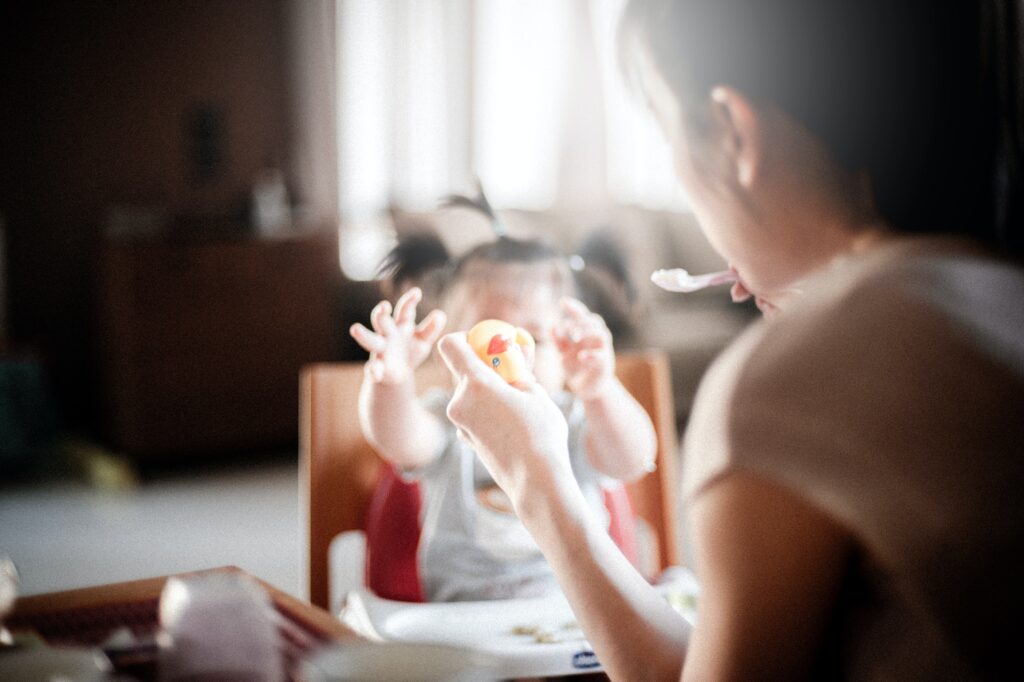As a parent, I know firsthand the challenges that come with raising children. I haven’t been shy about talking about my own struggles. From sleepless nights to endless laundry, managing a household can be overwhelming. But when the stress of parenting becomes too much to handle, it can lead to parental burnout. If you’re in this camp, you are not alone. I am deep in it with you. In this article, I will explore the symptoms of parental burnout, the stages of parenting burnout, and provide practical tips on how to overcome it.

Introduction to Parental Burnout
Parental burnout is a condition that affects many parents. It is a state of physical, emotional, and mental exhaustion caused by the prolonged stress of parenting. Oh so did you just define what it means to be a parent to a toddler? Parental burnout can occur in both working and stay-at-home parents, and it can affect mothers and fathers equally. It is important to recognize the signs of parental burnout so you can take steps to overcome it.
Understanding Parental Burnout Symptoms
Parental burnout symptoms can vary from person to person, but some common signs include feeling overwhelmed, irritable, and exhausted. Parents experiencing burnout may also feel detached from their children and lose interest in activities they once enjoyed. Other symptoms may include difficulty sleeping, changes in appetite, and physical ailments like headaches or stomach problems.
Parenting Burnout Stages
Parenting burnout can progress through several stages.
- “Honeymoon” phase: parents are excited and energized about their new role.
- “Onset of stress” phase: parents start to feel the pressure of their new responsibilities.
- “Chronic stress” phase: parents experience ongoing stress and may start to feel burned out.
- “Burnout” phase: parents feel completely exhausted and overwhelmed.
The Impact of Parental Burnout on Working Parents
Parental burnout can have a significant impact on working parents. It can lead to absenteeism, decreased productivity, and even job loss. It can also strain relationships with coworkers and supervisors. Working parents experiencing burnout may struggle to balance their responsibilities at home and work, leading to feelings of guilt and anxiety.
Signs of Burnout in Working Parents
Working parents may experience different symptoms of parental burnout. They may feel guilty for not spending enough time with their children or struggle with the expectation to “do it all.” They may feel pressure to provide for their family and may struggle with work-life balance. Both may experience feelings of exhaustion, irritability, and detachment from their children.
How to Recover from Parental Burnout
Recovering from parental burnout requires a multifaceted approach. The first step is to acknowledge that you are experiencing burnout and seek support from family, friends, or a mental health professional. There is an immense about of guilt and shame that comes with admitting this. You may not feel that you are being a good parent, that you are failing in some way. However, know that we all have or are experiencing this. It is important to take time for self-care and prioritize activities that bring you joy. They say that rest and relaxation are also essential for recovery. However probably can’t even imagine taking time for yourself. I know, I’ve been there.
Parental Burnout Treatment Options
There are several treatment options available for parental burnout. Therapy can be a helpful tool for parents struggling with burnout. Cognitive-behavioral therapy (CBT) can help parents identify negative thought patterns and develop coping strategies. Therapy can be a great way to talk about your struggles with an informed professional, without feeling the guilt and shame. They are meant to be an unbiased third party who can give you tools and resources.
Another options is mindfulness-based interventions like meditation and yoga to help parents manage stress and improve their overall well-being. Everyone manages stress differently, and it is hard to imagine taking 10 minutes a day for meditation. I told this story to myself as well. What I’ve learned is that after daycare or school drop off, I’ll pop on my 10% Happier meditation for 10 minutes and just breathe.
Practical Tips for Overcoming Parental Burnout
In addition to therapy and self-care, there are practical steps parents can take to overcome burnout. One important step is to set realistic expectations for yourself and your children. It is important to prioritize your own needs and delegate tasks when possible. You are not going to be perfect. Your kid is probably going to have cavities and get incident reports from daycare. It’s fine. You don’t suck. Show yourself some compassion, and be fine with being good enough, not perfect.
Building a support network of family, friends, or other parents can be helpful. One of the keys to making it through this life happier and healthier is relationships. Don’t take my word for it, trust these really smart researchers from Harvard, who ran the longest study on happiness.
Preventing Parental Burnout in the Future
Preventing parental burnout requires an ongoing commitment to self-care and stress management. It is important to set boundaries and prioritize activities that bring you joy. Wait did I say, prioritize your joy? I must be crazy. Yep. I’m crazy diligent about boundary setting and choosing joy. If it’s not a hell yes, then it’s a hell no for me. This has been dramatically transformative for me. Give it a try. I’ve worked to shed expectations, and instead focus on raising my child and balancing my mental health. Some days are better than others, but on the average, I’m much happier and healthier than I was a year ago.
Conclusion
Parental burnout is a real and real common, but often overlooked. It can have significant impacts on both parents and children. Recognizing the signs of parental burnout and taking steps to overcome it is essential for maintaining a healthy and happy household. By prioritizing your needs, seeking support, and making adjustments as needed, parents can overcome burnout and build a strong, resilient family.
Leave a Reply